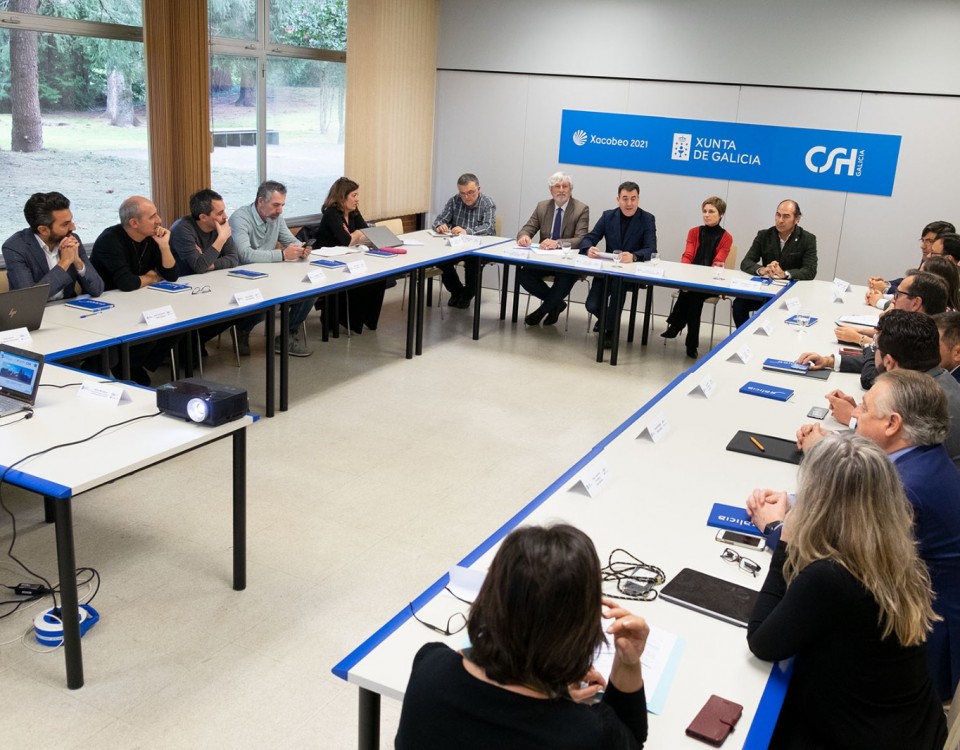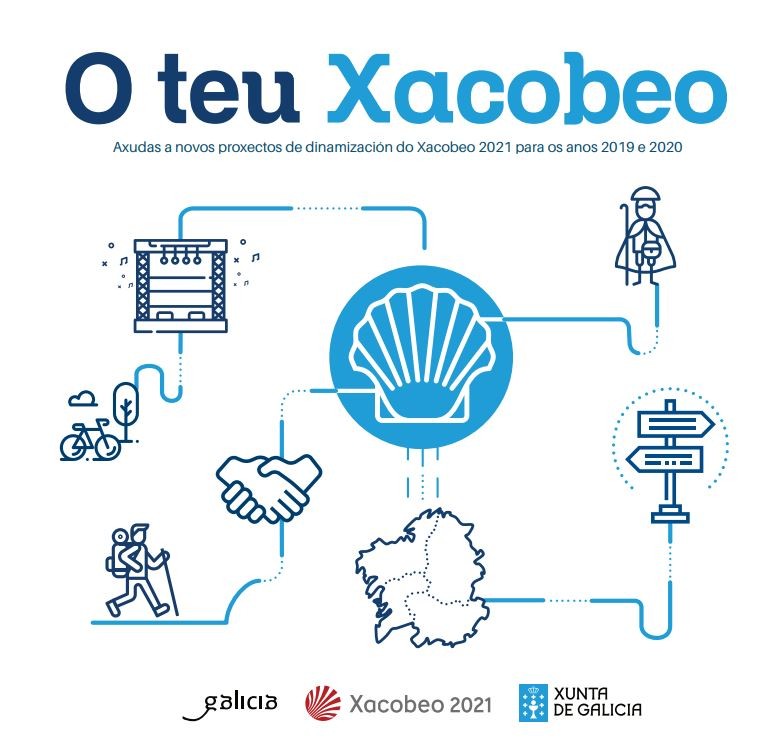- El mejor turismo de galicia
Resources
Representatives from the University of Santiago de Compostela, professionals from the sector, experts in sustainability and alumni participated in the first meeting of the Committee of Experts set up by the Xunta de Galicia to advance in the design of the new degree of gastroeconomic innovation and hotel management that would begin in the 2021-2022 academic year.
In order to achieve this objective, the Galician Government is dedicating more than 1.6 million euros to improve the facilities and create a business incubator in the Galician Higher Centre for the Hotel Industry, as well as having the direct involvement of the sector through the dual training system. In this sense, the Regional Minister of Culture and Tourism, Román Rodríguez, who presided over this first committee of experts, highlighted that in recent months different consultations were made to the sectors, making a joint effort in which the need to bet on innovation and sustainability and to work directly with the sector was concluded. “We are committed to a hybrid profile, with training in gastronomy and hotel management, and to a system of dual training in which students have contact with professionals in the sector”, he explained.
The meeting to continue advancing in this design was a multidisciplinary meeting in which, in addition to the advisor and the director of Tourism, experts from the University of Santiago de Compostela, former students of the Centro Superior de Hostelería de Galicia, representatives of the Tourism Cluster and the Food Cluster and managers of hotel chains such as Carriles Hoteles, Hueca Hoteles, Meliá Hotels and Intercontinental Hotels also participated. There were also chefs such as Pepe Solla, Javi Oleiros and Francisco Pérez or representatives of the innovation sector, the Atlantic Diet Foundation or experts in sustainability and circular economy.




